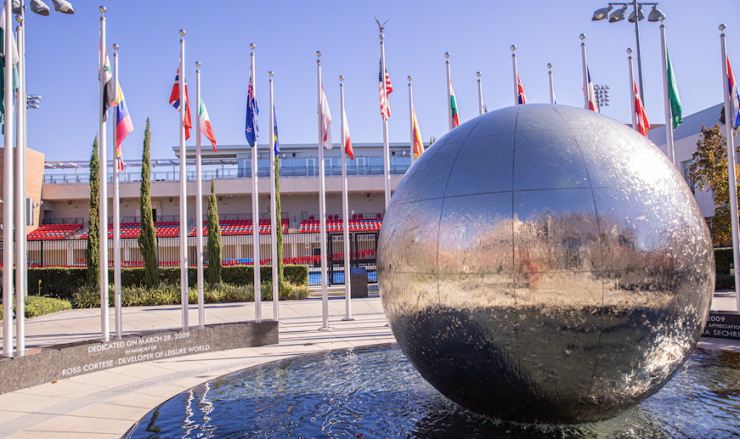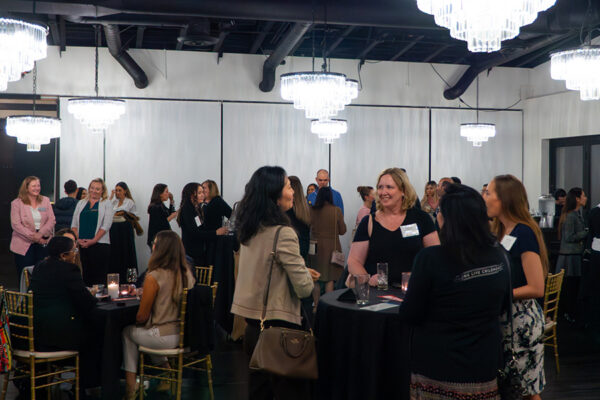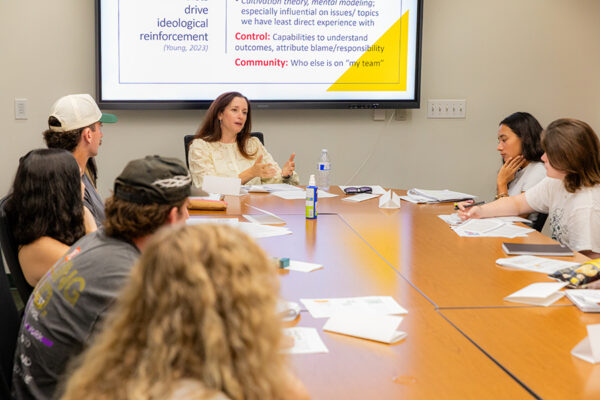Have you ever pondered on the difference between history and heritage? The two words both lead us to look into the past, but what they refer to in relation to preceding times is quite different. That is not to say that the two concepts are in opposition. Rather, heritage and history have an interlocking symbiosis; informing and incorporating each other. There are months marked across our national and international calendars setting aside time for honoring both history and heritage. Black History Month and Women’s History Month utilize one term while Native American Heritage Month and Hispanic Heritage Month highlight another.
History typically refers to events which precede the present moment. A more nuanced understanding of history posits that it is an interpretation of past events crafted in an effort to make sense of what we experience presently. History serves to validate and anchor our personal and cultural existences. It is important for understanding our place in the world and the society we inhabit. Honoring histories is vital, particularly in regard to communities whose past has been erased or muted. We will look more at the power of memory to revive history in a future article.
In this reflection, we muse on another equally essential aspect of our cultural and collective well-being, heritage. Heritage refers to “something transmitted by or acquired from a predecessor” such as a “tradition” or “something possessed as a result of one’s natural situation or birth” according to Merriam-Webster’s dictionary. Heritage, therefore, emerges from history as a gift for us in the present. Specifically, heritage is possessed, crafted, empowered, and handed on through the work of our ancestors before us and becomes our possession. Perhaps, our heritage also becomes our responsibility as we shall hand it forward to those after us.
Heritage is not a single reality—it is like a beautiful care package from our ancestry that is filled with an array of expressions, practices, and understandings. It includes tangible realities such as foods, music, and dress. It also includes many intangibles such as language, values, beliefs, and family structures. This cultural bounty that we have been given has endured throughout time because it has served many before us to make sense of the vicissitudes of life and find meaning in their existences. Our parents or guardians reached into the practices passed down to them to make sense of how best to raise us and we borrow from this same heritage when establishing a sense of belonging. In so many ways we have all been gifted with heritage. It is a gift which is not earned but is often given through unconditional love.
In a highly pluralistic society, a nation of many cultures, where we discover the beautiful emergence of new human experiences, the wealth of heritage takes on a particular shape. What has been passed on to someone through familial lineage or upbringing may be the riches of one or more cultures. Heritages, in our hands, become refined and weaved together to serve our thriving. We lean into aspects that reverberate with us and may reject realities which we feel are antiquated.
As a member of our diverse Chapman community, I may not have been gifted with the same heritage as my fellow Panther because of our different lineage. Yet, this does not mean that I cannot celebrate that cultural wealth alongside them. In heritage months, we build space for all communities to uplift the excellence that history has made them the beneficiaries of. We do not celebrate another’s heritage to possess it. Rather, we celebrate it because permitting each other to thrive in our unique birthright advances a university where all belong and contribute from a place of strength.
As we move into Hispanic Heritage Month (Sept. 15 through Oct. 15), we invite you to the following. First, explore your connection to your own heritage and acknowledge how it impacts your life. Second, consider what parts of your heritage you wish to pass on into the future. Finally, engage in learning about others’ heritage and understand how it contributes to making our Chapman community a richer place to learn, grow and work.




